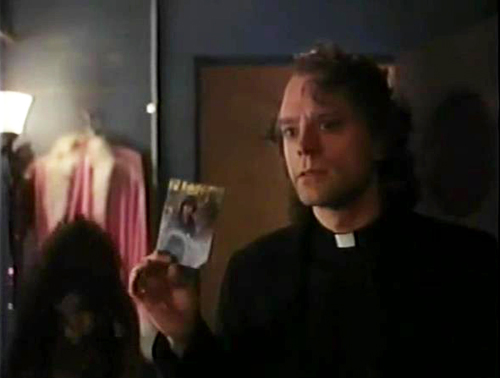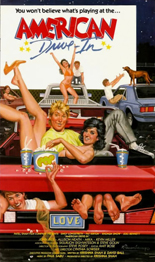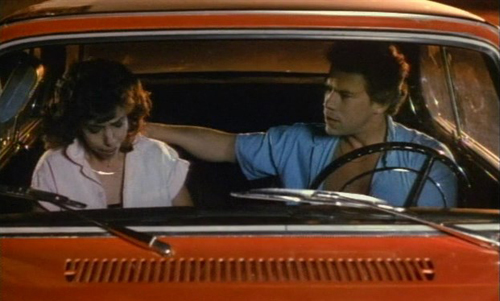
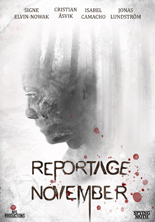 After a woman is found dead in the forest, with her newborn nowhere in sight, an intrepid journalist (Signe Elvin-Nowak) and crew go searching for the truth. After all, over the last seven years, this female corpse is hardly the first to turn up in these woods.
After a woman is found dead in the forest, with her newborn nowhere in sight, an intrepid journalist (Signe Elvin-Nowak) and crew go searching for the truth. After all, over the last seven years, this female corpse is hardly the first to turn up in these woods.
As you’ve likely already deduced, their footage is the movie, Reportage November. And because it’s presented to us within a faux documentary driven by talking-head commentary, we enter knowing who will survive and what will be left of them, thereby heavily decreasing the chance for fun.
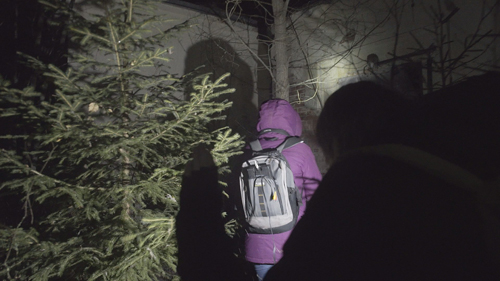
Although admirable, when found-footage horror reaches too far for the brass ring of authenticity, it can backfire. Why? Because reality is usually boring, and such is the case here. Now, where the movie ends up isn’t real, but not worth the sit to get there; just make do with the trailer.
This marks the sophomore feature for Carl Sundström, whose 2017 picture, Documenting the Witch Path, entails more of the same, with even more imitative elements of You Know What. If nothing else, Reportage November proves Sweden can make found-footage movies as dull as we Americans. —Rod Lott


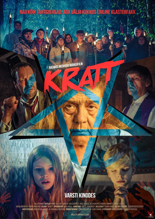 Not to be confused with the processed cheese product manufacturer Kraft — or, for that matter, the sea monster
Not to be confused with the processed cheese product manufacturer Kraft — or, for that matter, the sea monster 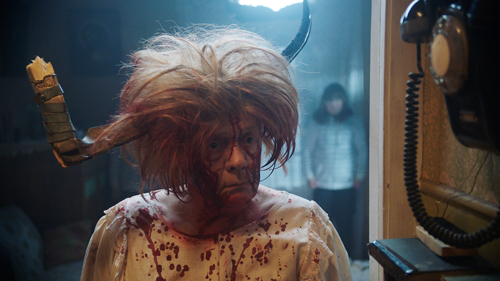

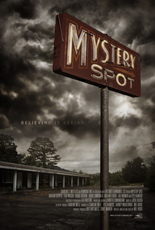 Not knowing where a film is going isn’t the same as not knowing what a film is attempting to do. Although that may sound like semantics, the difference is immense. The former breeds suspense and surprise; the latter, frustration and resentment.
Not knowing where a film is going isn’t the same as not knowing what a film is attempting to do. Although that may sound like semantics, the difference is immense. The former breeds suspense and surprise; the latter, frustration and resentment. 
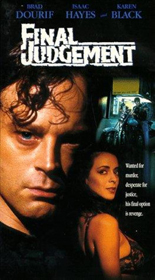 After all those
After all those 